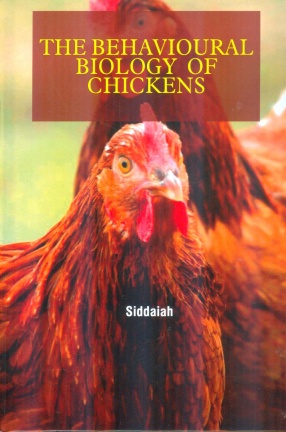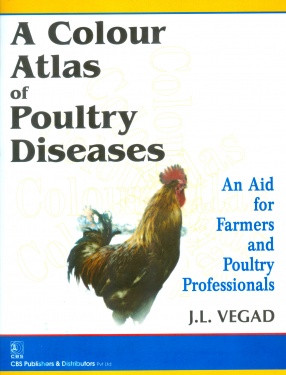The Behavioural Biology of Chickens
Chickens are very sociable birds and are at their happiest when surround by other chickens. In one chicken flock there can be any number of hens but generally ony one cockerel who is the dominant. The dominant cockerel pushes other cockerels out of their flock when they start becoming big enough to be a threat to him. The dominant male is usually the mating partner for all of the hens that he watches over. The behaviour of today's chickens basically is not much different. Because humans appreciatw eggs for their nutrion value, they take them away from the hen before iy has a chance to sit on them. Hens do not appear to be distraught by this, to the countray they seem happy to lay another new egg, announcing it with a loud cackle! Chickens are gregarious birds and live together in flocks.They have a communal approach to the incubation of eggs and raising and young. Individual chickens in a flock will dominate others, establishing a "pecking order", with dominant individuals having priority for food access and nesting locations. This book forms an necessary resource in chicken biology and behaviour for students of veteribary science, behaviour and welfare, as well as profitable poultry producers and smallholder farmers wanting to improve their chickens' quality of life.
Get it now and save 10%
BECOME A MEMBER










Bibliographic information